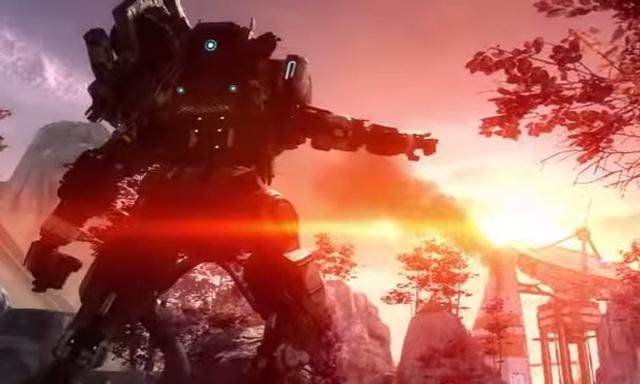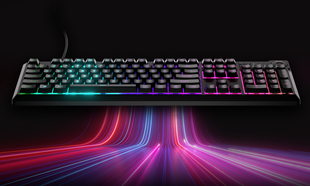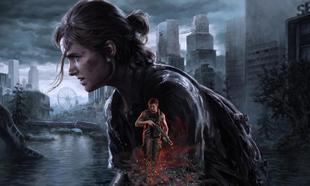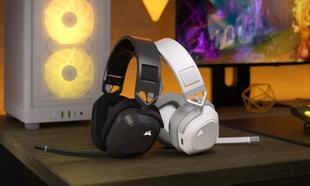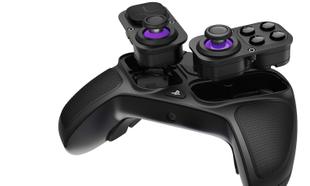In a severely crowded first-person shooter environment, it's heartening to see that studios and developers are trying to be original and inventive with the genre.
Although games like Call of Duty: Infinite Warfare or Battlefield 1 may have become annualised, developers are still trying to come up with reasons for players to fork over their hard-earned money for these titles. Titanfall 2 drops into a crowded market, almost a couple of weeks after Battlefield 1's arrival and on the same week as Call of Duty: Infinite Warfare.
Veteran players will recognise that Titanfall 2 has some commonality with Call of Duty's previous iterations, primarily because it was set up by ex-members of Infinity Ward's Call of Duty 4: Modern Warfare team. What sets Titanfall 2 apart from other first-person shooters isn't just the fact that it uses mechs - or titans, as they're known in the game itself - or that it has much more heavy sci-fi bent that people realise, it's that the game is trying to create an emotional bond with you.
The single-player campaign, though short enough, is one of the most affecting stories in quite some time. Taking on the role of a raw recruit, you take on the role of pilot of a Titan - called BT - and are forced to fight your way off a hostile planet that's controlled by IMC forces. They're the bad guys, in case that isn't obvious. While the surrounding story of a hardened militia fighting off an evil corporate overlord for freedom isn't new, the idea of players forming a connection with what is essentially a vehicle is new. Indeed, the voice-acting and dialogue for BT plays into this and there's more than a few moments of humour and levity.
The addition of dialogue choices even determines how BT reacts to you. You can admonish and insult BT, if you like, and he'll become more aggressive and hostile against your enemies or you can be friendly and kind to him and he, in turn, will protect and defend you more strenuously. The game wants you to feel the link between the two and this works not only on a narrative level, but on a gameplay level as well. As you progress through the campaign, your "neural link" becomes stronger and you can adapt more readily to the controls and power-ups.
It's not all about being in the Titan, of course, but it does play a big part. Most of the time you're away from BT, it's either to clear a path for him or to reach some objective point that he's unable to get to. Even when you're away from him, BT still talks to you and offers advice and updates on the status. The repetition of his three protocols - Link To Pilot, Uphold The Mission, Protect The Pilot - throughout the campaign do draw comparisons with Robocop, but there's a feeling that Titanfall 2 is more closer to The Iron Giant than anything else. BT feels alive, we want to protect him and we get involved. We want to help him, we want to save him and we talk to him like he's a real person.
Where Titanfall 2 really shines is in multiplayer. The usage of Titans and the split between these two adds a breath of fresh air into the format and the various game modes isn't just a rote rebranding of others. Each of them feel like uniquely characterised and strategies have to be adapted in order to suit. Indeed, Titanfall 2's multiplayer feels much more refined and balanced than any mutliplayer so far. There's a real sense of refinement and strategy to it that makes for a far less chaotic experience than other first-person shooters. It just doesn't just rely on frenzied shooting and repetition and knowledge of a map; you have to be skilled and cunning to win at this game.
Overall, Titanfall 2 is a well-designed first-person shooter that offers a unique experience to players. In a crowded marketplace, this deserves your attention.
